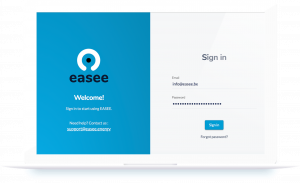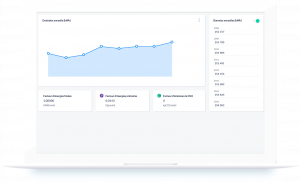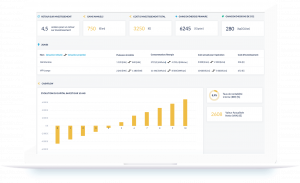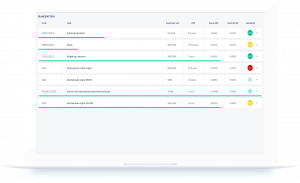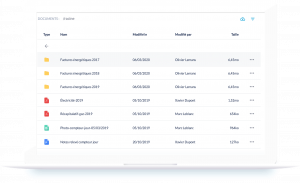Energy audits for large companies in in France.
In France, law no. 2013-619 of 16 July 2013 requires large companies to carry out an energy audit every 4 years.
By Antoine BAGUETTE
Business Developer - Delpower
What is the regulatory framework behind these mandatory energy audits?
The European Directive 2012/27/EU sets out the regulatory framework for energy efficiency in all European countries. Each country then transposes this directive into national laws.
In France, it is law no. 2013-619 (known as the DDADUE) of 16 July 2013 which sets out the national regulations in the field of energy audits.
Which companies are concerned by these audits?
Since 5 December 2015, a company must carry out an energy audit every 4 years if it is considered a “large company“.
A large company is any company that meets one of the following conditions for the last two accounting periods:
- More than 250 employees (full-time equivalent), or
- More than 50 million euros turnover AND a balance sheet total of more than 43 million euros.
The audit must be representative, i.e. it must cover at least 80% of the company’s overall energy bill.
Why is there an audit requirement?
The reason is that energy audits enable the identification of possible improvements in terms of energy efficiency and the associated energy savings. This is an economic gain for society and an ecological gain for the planet.
What is the content of this audit?
The energy audit should at least highlight the following elements:
- An energy consumption analysis showing consumption for each energy use.
- An action plan to improve energy efficiency. The plan should highlight the economic and technical feasibility of the actions it contains. That is, it must put forward a costed analysis of the work, with the energy savings achievable and the payback time.
Carry out your mandatory energy audits with EASEE!
Thanks to approved methods and business protocols, you can carry out large company energy audits in accordance with the requirements of European Directive 2012/27 and French law no. 2013-619 of 16 July 2013.
Learn more about EASEEContact usYou now have a tool that complies with current methodological standards. You can now carry out your regulatory audit yourself!
What are the penalties for non-compliance?
Failure to comply with this audit obligation may result in financial penalties of up to 2% of turnover.
Note that in the event of a repeat offence, the penalty may be as high as 4% of turnover.
Which organisation manages these audits?
Audit reports should be submitted to the French Environment and Energy Management Agency (ADEME).

